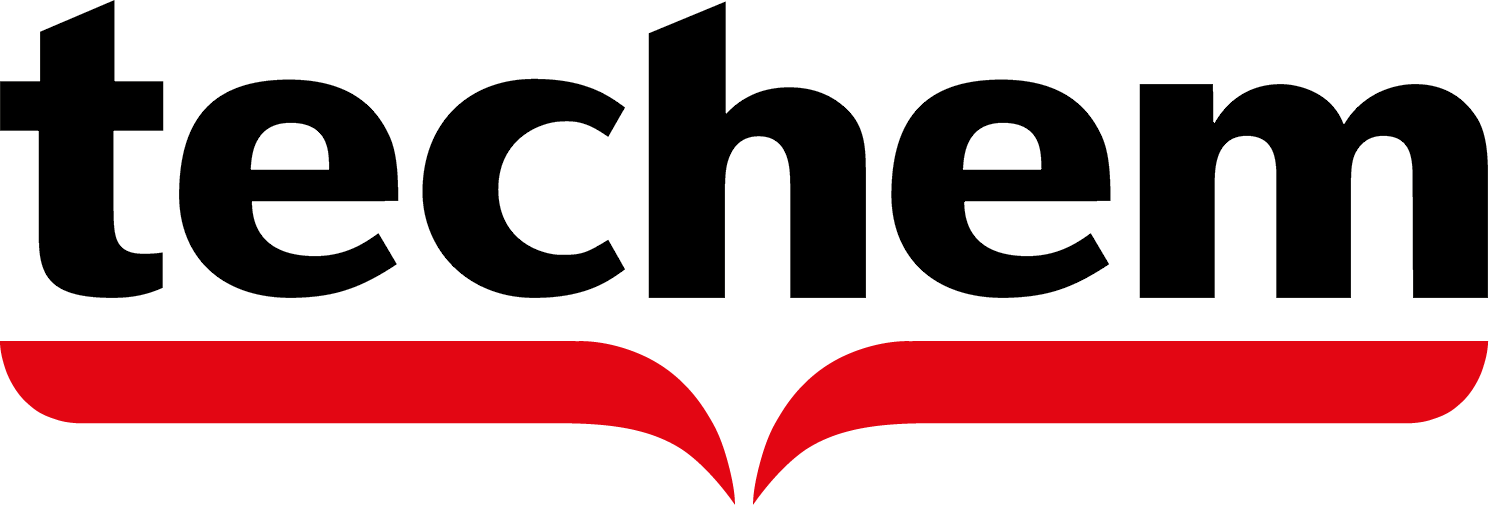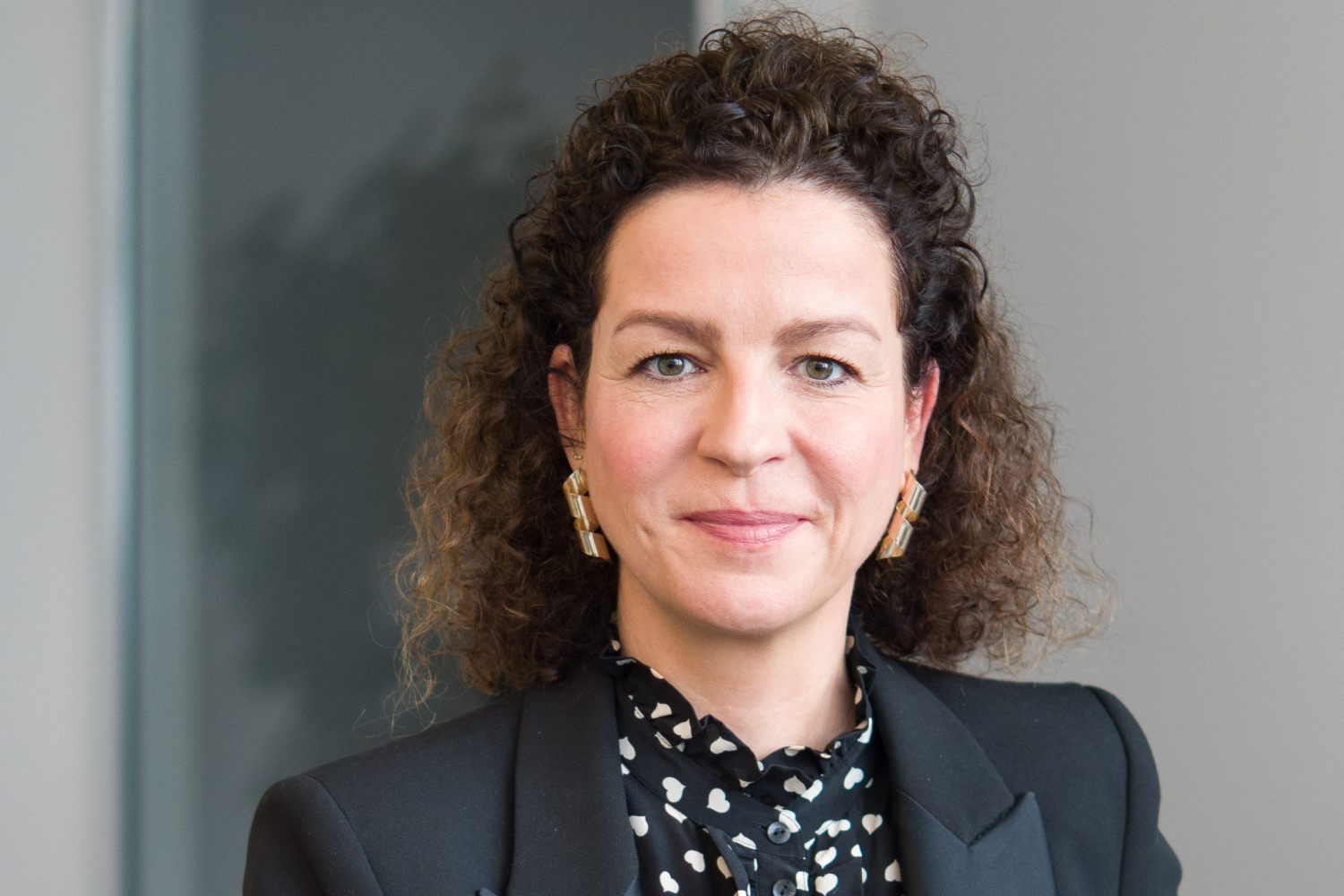Anchoring sustainability through shared responsibilities
Although passionate staff are involved throughout the organization, in general Techem’s approach to sustainability is built on three primary pillars:
• Techem Research Institute on Sustainability (TRIOS): Has the main responsibility in the Techem Group for collecting data and for the methodology for determining the CO2 footprint, the research, analysis and implementation activities for consumption transparency, energy efficiency and CO2e reduction, as well as the monitoring and reporting of the results.
• Finance: Ensures compliance with regulatory, investor, and capital market requirements, as well as ensuring the quality of all necessary documentation.
• Human Resources, Legal and Claims: Oversees implementation of employee policies, including collecting and analysing relevant data.
Techem also takes care to conduct robust assessments of the materiality of its efforts. This process comprises identifying impact, opportunities, and risks, conducting interviews with external stakeholders, collecting assessments from internal stakeholders, and validating and implementing the results.



